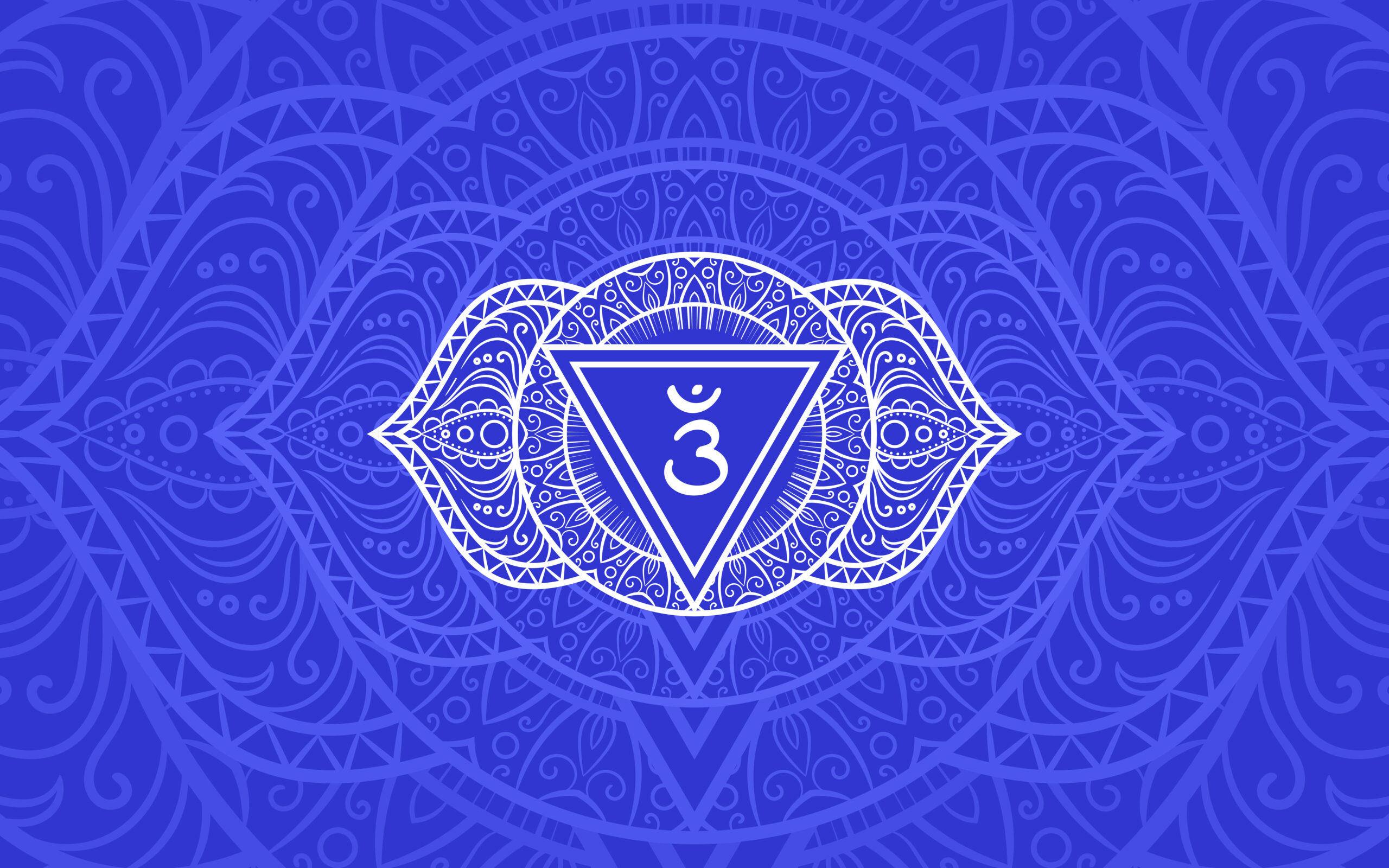Comparison is a common human tendency that can lead to feelings of inadequacy and self-doubt. Whether it’s comparing our relationships, appearance, achievements, or success, constantly measuring ourselves against others can have a detrimental impact on our mental well-being. In this article, we will explore the reasons behind why we compare ourselves to others and provide practical steps on how to break free from this destructive habit. By understanding the negative effects of comparison and implementing strategies to overcome it, we can embrace our uniqueness and focus on our own personal growth journey.
Why Do We Compare Ourselves with Others?
The Scarcity Mindset
One of the primary reasons we compare ourselves with others is due to our scarcity mindset. The human brain is wired to pay more attention to negative experiences, which can lead us to focus on what we lack rather than what we have. This negative bias, although rooted in our survival instincts, can create a neural thought pattern that invites more negativity into our lives. It’s important to remember that comparing ourselves to others doesn’t make us pessimistic; it simply means our brains are wired to notice the negatives more prominently.
The Impact of Social Media
The rise of social media has further fueled the comparison trap. Platforms like Instagram, Facebook, and Twitter often present a distorted view of reality, showcasing only the highlight reels of people’s lives. It’s easy to fall into the trap of comparing ourselves to someone who seemingly has it all together, not realizing that their online persona may be far from the truth. It’s crucial to recognize that social media is a curated version of reality and not an accurate representation of someone’s entire life.
Societal Expectations and Beliefs
We are often influenced by societal expectations and beliefs that define success, happiness, and fulfillment. These popular social narratives create false ideals that push us to compare ourselves with others. Whether it’s the pressure to conform to traditional definitions of success, the emphasis on material possessions, or the importance placed on external validation, these societal norms can lead to unnecessary comparison and feelings of inadequacy.
The Perfectionist Syndrome
Perfectionism is another underlying factor that contributes to the comparison trap. When we strive for perfection, we set unrealistic standards for ourselves and constantly measure our worth based on external benchmarks. This relentless pursuit of flawlessness often leads to feelings of never being good enough and fuels the urge to compare ourselves with those who seem to have achieved what we perceive as perfection.
Lack of Vision
A lack of clarity and vision for our own lives can also contribute to comparing ourselves with others. When we don’t have a clear sense of direction or purpose, it’s easy to look at others and feel a sense of envy or dissatisfaction. Developing a strong sense of self and setting personal goals can help shift our focus from others to our own growth and progress.
The Negative Effects of Comparison
Comparing ourselves with others can have several negative effects on our well-being and overall happiness. Here are the two most prominent ones:
Lowered Confidence
Constantly comparing ourselves with others erodes our self-confidence. When we constantly measure ourselves against an unattainable standard, we start doubting our abilities and worth. This can lead to imposter syndrome, a persistent fear of being exposed as a fraud, and hinder our personal and professional growth.
Impact on Relationships and Performance
Comparison can also impact our relationships and performance at work. When we constantly compare ourselves with others, we may feel resentment, envy, or even hostility towards those who we perceive as more successful or accomplished. This can strain our relationships and prevent us from forming genuine connections. Additionally, comparison can hinder our performance at work by leading to a fear of failure or a reluctance to take risks.
12 Ways on How to Stop Comparing Yourself to Others
Now that we understand why we compare ourselves with others and the negative effects it can have, let’s explore practical steps to break free from this destructive habit:
1. Identify Your Triggers and Avoid Them
All of your reactions, particularly the repetitive ones are bound by certain triggers. Start by identifying these triggers that prompt you to compare yourself with others. Is it social media, certain remarks, or specific situations? You can note down situations, events, or people that cause you to feel stressed, anxious, or upset, along with any physical sensations like tightening in your chest and specific emotional reactions. Once these triggers are identified, you can identify them early, and adopt easy ways to avoid them altogether.
2. Practice Gratitude
Cultivating a mindset of gratitude can help shift your focus from what you lack to what you have. Take time each day to reflect on the things you are grateful for in your life. Adopting a simple yet powerful practice of journaling all the incredible moments you had during the day is a profound reminder of why life is good the way it is and why you should stop comparing it with others. As you do so, don’t miss the moments when you were appreciated by others, or when someone looked up to you for inspiration.
3. Connect with Positive People and Mentors
Instead of people who are ready to find faults, surround yourself with positive, supportive individuals who uplift and inspire you. Seek out mentors who can guide you on your personal and professional growth journey. Having a strong support system can provide encouragement and help you stay focused on your own path, rather than comparing yourself with others.
4. Focus on Growth and Transformation
Instead of comparing yourself with others, shift your focus to personal growth and transformation. Set meaningful goals that align with your values and work towards becoming the best version of yourself every day. Imagine how much better will you get just by improving 1% daily. If you often compare yourself with someone more physically fit, try a 1% shift in eating habits and exercise regime. Instead of putting others on the comparison list, compete with your own version of yesterday.
5. Remember Your Strengths
Take inventory of your strengths, talents, and accomplishments, and remind yourself of the unique qualities that make you who you are. Embrace your individuality and recognize all that you have accomplished that makes you, you. Remember that everyone’s journey is distinct and focus on leveraging your strengths rather than comparing yourself to others.
6. Stay Mindful
Practice mindfulness to cultivate self-awareness and bring your attention to the present moment. When you find yourself comparing, gently redirect your thoughts and refocus on your own path. Mindfulness can help you break free from automatic comparison patterns and bring more clarity and peace into your life.
7. Acknowledge How Far You Have Come
Take a moment to reflect on how far you’ve come in your own journey. Celebrate your achievements and milestones, no matter how small they may seem. When you pat your back on your accomplishments you bring in a gentle reminder of how you are better than others, and why comparison is unreasonable. Also, recognize that growth takes time and effort, and comparing yourself with others undermines the progress you’ve made.
8. Practice Self-Love
Develop a compassionate and loving relationship with yourself. Treat yourself with kindness and respect, just as you would treat a dear friend. Practice self-care activities that nurture your mind, body, and soul. Embrace your imperfections and recognize that you are worthy of love and acceptance, just as you are.
9. Stay off social media
Social media can be a breeding ground for comparison. It’s easy to get caught up in the highlight reels of other people’s lives and feel inadequate in comparison. Consider taking a break from social media or limiting your time on these platforms. Use that time to engage in activities that bring you joy and fulfillment, without the constant pressure to measure up.
10. Replace Negative Thoughts with Positive or Neutral Thoughts
When you catch yourself comparing or engaging in negative self-talk, consciously replace those thoughts with positive or neutral ones. Challenge the negative narratives and replace them with affirmations or statements that encourage self-acceptance and growth. Over time, this practice can help rewire your thought patterns and reduce the urge to compare.
11. Let Go of What You Can’t Control
Embrace the understanding that there are aspects of life that are beyond your control, such as your inherent physical attributes like skin color or body type, as well as how others may react. Let go of the need to compare yourself with others and focus on what you can control: your own thoughts, actions, and choices.
12. Be Inspired, Not Intimidated
Instead of feeling intimidated by others’ success, let it inspire you. Use their achievements as motivation to set your own goals and work towards them. Surround yourself with role models who inspire you and learn from their journeys. Embrace a growth mindset and see every challenge as an opportunity for learning and growth.
Conclusion
Comparing ourselves with others is a natural inclination, but it can hinder our personal growth and happiness. By understanding why we compare, recognizing the negative effects, and implementing practical steps to break free from the comparison trap, we can cultivate a mindset of self-acceptance, gratitude, and personal growth. Embrace your uniqueness, focus on your own journey, and celebrate your progress along the way. Remember, you are on your own path, and no one else’s journey can define your worth or success.
















